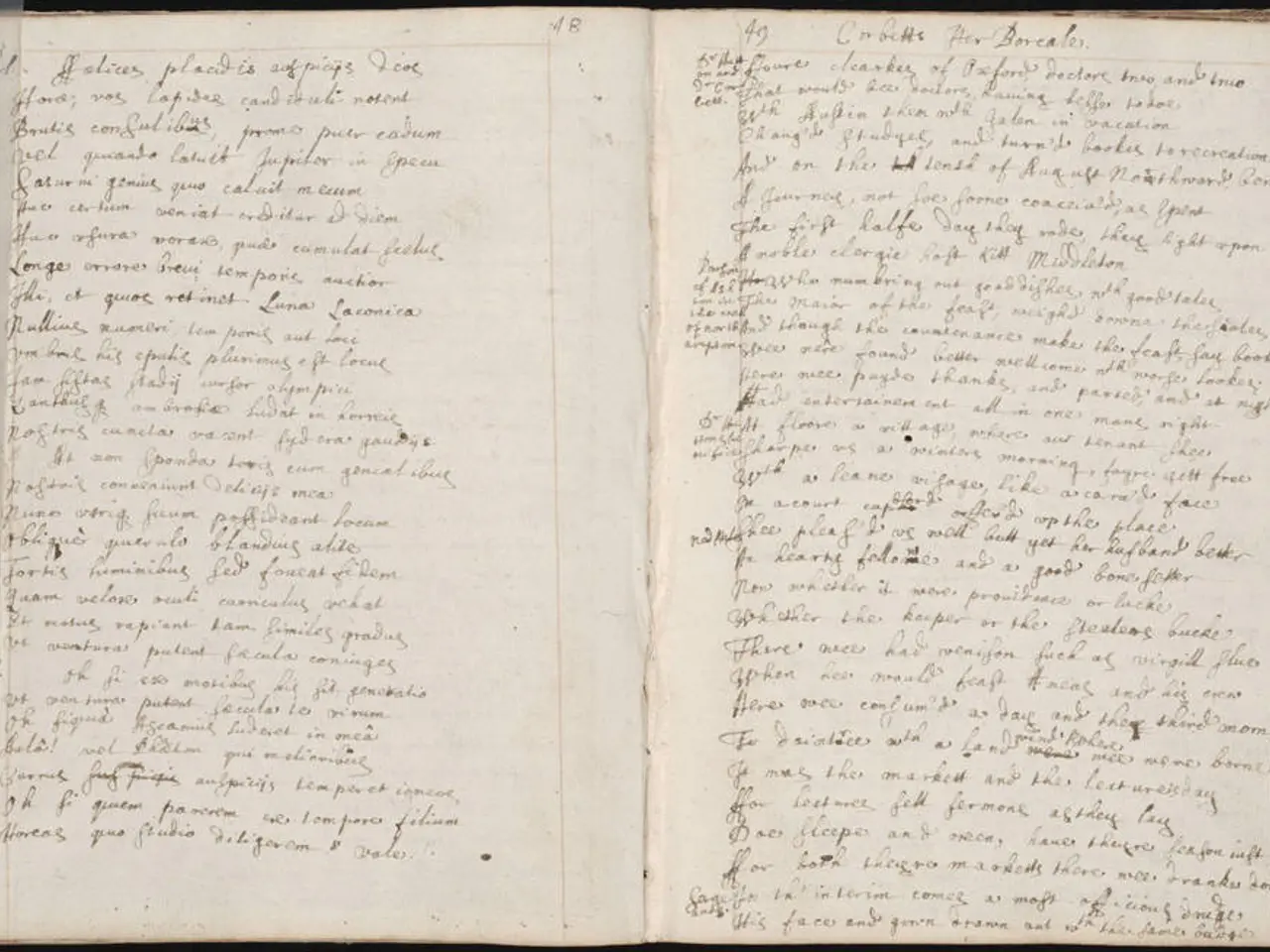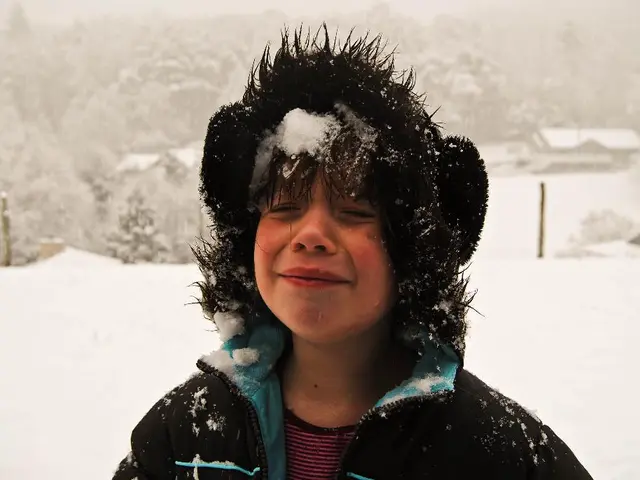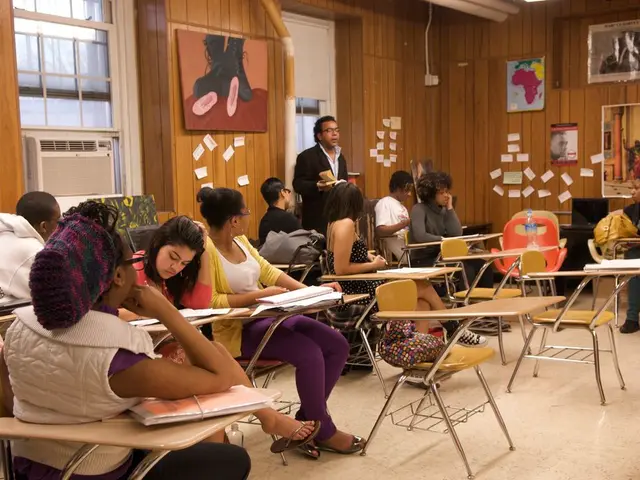Conversation with Bhadrajee Hewage, a South Asian Studies Postgraduate and Scholar
Agnes Robang, Engineering Correspondent, recently had a captivating conversation with Bhadrajee Hewage, a DPhil Clarendon Scholar at the University of Oxford. Hewage, who previously completed his MPhil in South Asian Studies at the University of Cambridge, offered valuable insights into the world of research in the humanities.
Hewage's published works span a wide range of topics, from the early history of Rome and Tanzanian political history to the U.S. Civil War. His research interests lie at the intersection of colonial, religious, and intellectual history. His most memorable research experience, he shared, was while researching for his senior thesis in Sri Lanka.
One of the key takeaways from the conversation was the breadth and depth of research opportunities available. Hewage emphasized the importance of a well-defined research proposal in graduate school applications, as it demonstrates an applicant's in-depth thought and dedication to a topic. He also recommended talking to faculty advisers to find ways to contribute to crowded fields of literature.
The research process is rarely conducted in isolation. It involves collaboration with faculty advisers, librarians, and the peer review process in publications. In light of the COVID-19 pandemic, libraries across the world have been digitizing their collections to help researchers.
Common challenges in historical research include interpreting incomplete or biased sources, dealing with the subjective nature of historical narratives, and overcoming the cultural and ideological biases embedded in historiography. To mitigate these challenges, researchers use source criticism methods, evaluating the origin, validity, reliability, and relevance of evidence. Both external criticism (authenticity verification) and internal criticism (content plausibility and coherence) are crucial in this regard.
Historical narratives are not always a linear story of success or failure. Concepts like "failure" can impose false inevitability on past events and obscure the resilience, adaptation, or transformation of societies. Reevaluating historical narratives to avoid simplistic binaries helps develop a more comprehensive understanding of human experiences over time.
Historiography has been influenced by imperialist, ethnocentric, and racist biases affecting the representation of certain groups or cultures. Awareness of these biases and engaging with subaltern or nativist perspectives can complicate but enrich historical analysis, though these perspectives also raise challenges regarding cross-cultural understanding and evidence standards.
By employing these critical methodologies, questioning dominant narratives, broadening source bases, and applying rigorous source criticism, historians can overcome many common obstacles in historical research and construct more balanced, reliable accounts of the past.
Agnes Robang highlighted the importance of having a supportive academic research community in any field of research. Hewage, who has conducted research in 5 continents and can speak 12 languages, expressed the importance of forming strong bonds with faculty mentors and trusting their guidance.
Hewage has published articles in several magazines and journals, as well as his own book on Ceylonese Buddhist revivalism. His research at the University of Oxford continues to push boundaries and contribute to the field of historical research.
- Bhadrajee Hewage, in his senior thesis, experienced personal-growth and learning during his research in Sri Lanka, emphasizing the importance of undergraduate research in education-and-self-development.
- During a conversation, Agnes Robang and Hewage discussed the significance of a strong academic research community for supporting personal-growth, especially in the context of conducting a senior thesis or engaging in further research.






